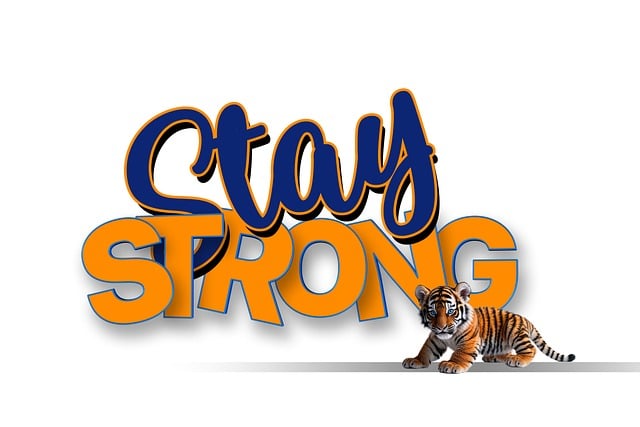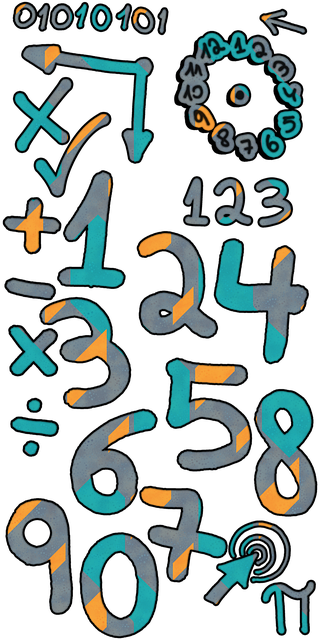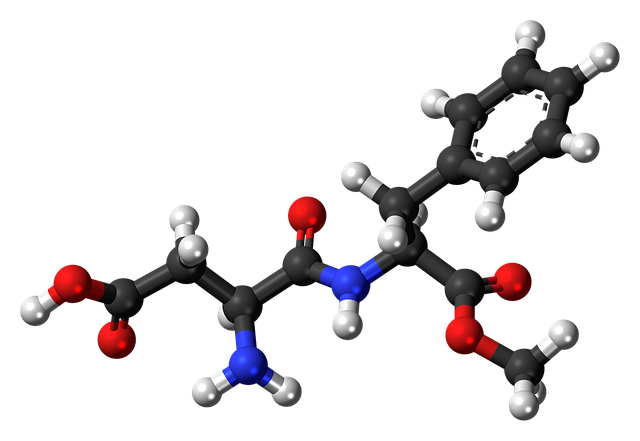Relapse prevention, focusing on identifying and managing high-risk situations, is a crucial tool in recovering from prescription painkiller addiction. Personalized plans addressing unique triggers, vulnerabilities, and holistic wellness practices offer a more effective approach than generic rehab programs. These strategies consider co-occurring disorders and support networks, providing comprehensive paths to long-term recovery. Rehabilitation centers offer intensive, tailored services during and after treatment, combining individual therapy, group counseling, holistic wellness, ongoing counseling, and peer mentoring for sustained sobriety.
Personalized relapse prevention plans are a powerful tool in supporting individuals recovering from prescription painkiller addiction. By proactively addressing high-risk situations, these tailored strategies empower people to make informed choices and maintain sobriety. This article explores why personalized plans are crucial in effective rehabilitation programs for prescription painkiller addiction, delving into key components and practical implementation tips for managing triggers and preventing relapse.
- Understanding Relapse Prevention: Why Personalized Plans Are Crucial
- Components of Effective Rehabilitation Programs for Prescription Painkiller Addiction
- Implementing and Maintaining Personalized Relapse Prevention Strategies
Understanding Relapse Prevention: Why Personalized Plans Are Crucial

Relapse prevention is a critical component in the journey towards recovery from prescription painkiller addiction. It involves equipping individuals with strategies to identify and navigate high-risk situations, which often play a significant role in triggering cravings and relapses. By understanding personal triggers and developing tailored coping mechanisms, those in recovery can better manage their well-being. This proactive approach is where personalized relapse prevention plans shine—they are designed to fit the unique needs and challenges of each individual.
Personalized plans offer a more effective path to long-term recovery because they consider co-occurring disorders, holistic wellness practices like yoga, meditation, and nutrition, and an individual’s support network. Unlike one-size-fits-all rehabilitation programs for prescription painkiller addiction, these tailored strategies address specific triggers and vulnerabilities. Whether someone finds comfort in mindfulness practices or needs help developing a robust social support system, a personalized plan can integrate these elements into their recovery journey. This individualized focus is key to fostering deep healing and building resilience against potential relapses, especially when combined with top-tier co-occurring disorder treatment options available at reputable rehabilitation centers near me.
Components of Effective Rehabilitation Programs for Prescription Painkiller Addiction

Effective rehabilitation programs for prescription painkiller addiction are multifaceted and tailored to each individual’s unique needs. Firstly, they incorporate a comprehensive assessment to identify triggers and high-risk situations specific to the person’s history and experiences. This personalized approach ensures that the intervention strategies are relevant and powerful. Components such as individual therapy, where clients explore underlying issues contributing to their addiction, play a pivotal role. Group counseling sessions foster a sense of community among peers in recovery, providing a safe space for sharing experiences and offering support.
Additionally, holistic wellness programs prioritizing nutrition, exercise, and stress management for overall well-being are integral. These programs recognize the mind-body connection, addressing physical health alongside mental and emotional aspects. Sobriety support mechanisms, including ongoing counseling sessions and peer mentoring, ensure individuals have a robust network to fall back on during challenging times. This combination of personalized interventions creates a solid foundation for sustained sobriety.
Implementing and Maintaining Personalized Relapse Prevention Strategies

Implementing personalized relapse prevention plans requires a dedicated approach. This starts with intensive assessment during the individual’s journey through rehabilitation programs for prescription painkiller addiction. Therapists and counselors identify triggers, high-risk situations, and underlying factors contributing to potential relapses. By understanding these aspects, tailored strategies can be created, focusing on specific behaviors and cognitive changes. These plans often include a mix of techniques such as stress management, mindfulness exercises, and healthier coping mechanisms to replace old habits.
Maintaining these strategies involves consistent practice and regular review. Individuals are supported through ongoing therapy sessions where they reflect on their progress and adjust the plan as needed. Incorporating Trauma-Informed Care principles can be vital, especially for those with a history of trauma, ensuring that early sobriety is not compromised by retraumatization. Encouraging the development of Healthy Habits in Early Sobriety further strengthens these personalized plans, providing individuals with tools to thrive and reduce the risk of relapse long-term. Rehabilitation Centers Near Me offer accessible resources for those seeking this level of support.
Personalized relapse prevention plans are a key component of successful rehabilitation programs for prescription painkiller addiction. By proactively identifying high-risk situations and implementing tailored strategies, individuals can better manage their recovery journey. These plans empower people to take control, enhance their resilience, and reduce the likelihood of future relapses, ultimately fostering lasting sobriety.






